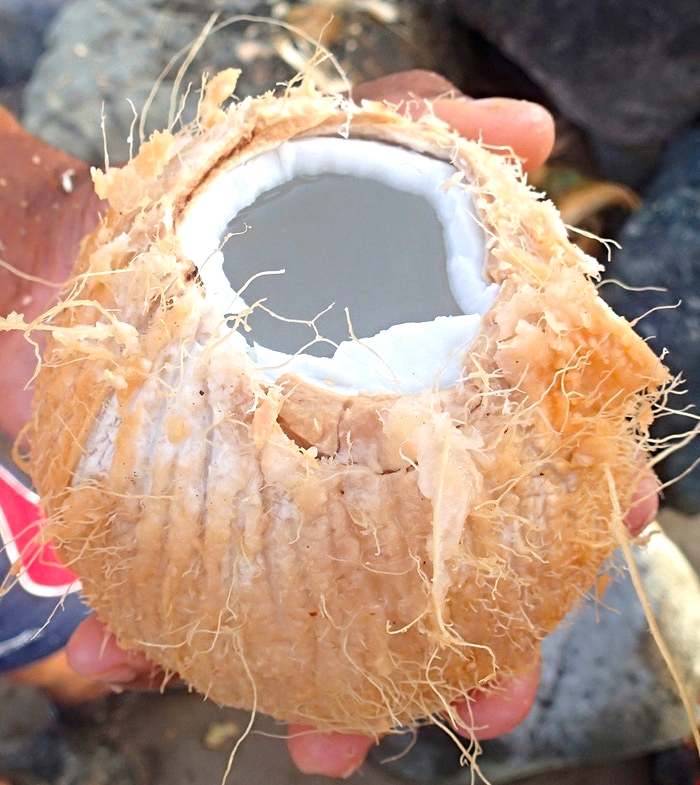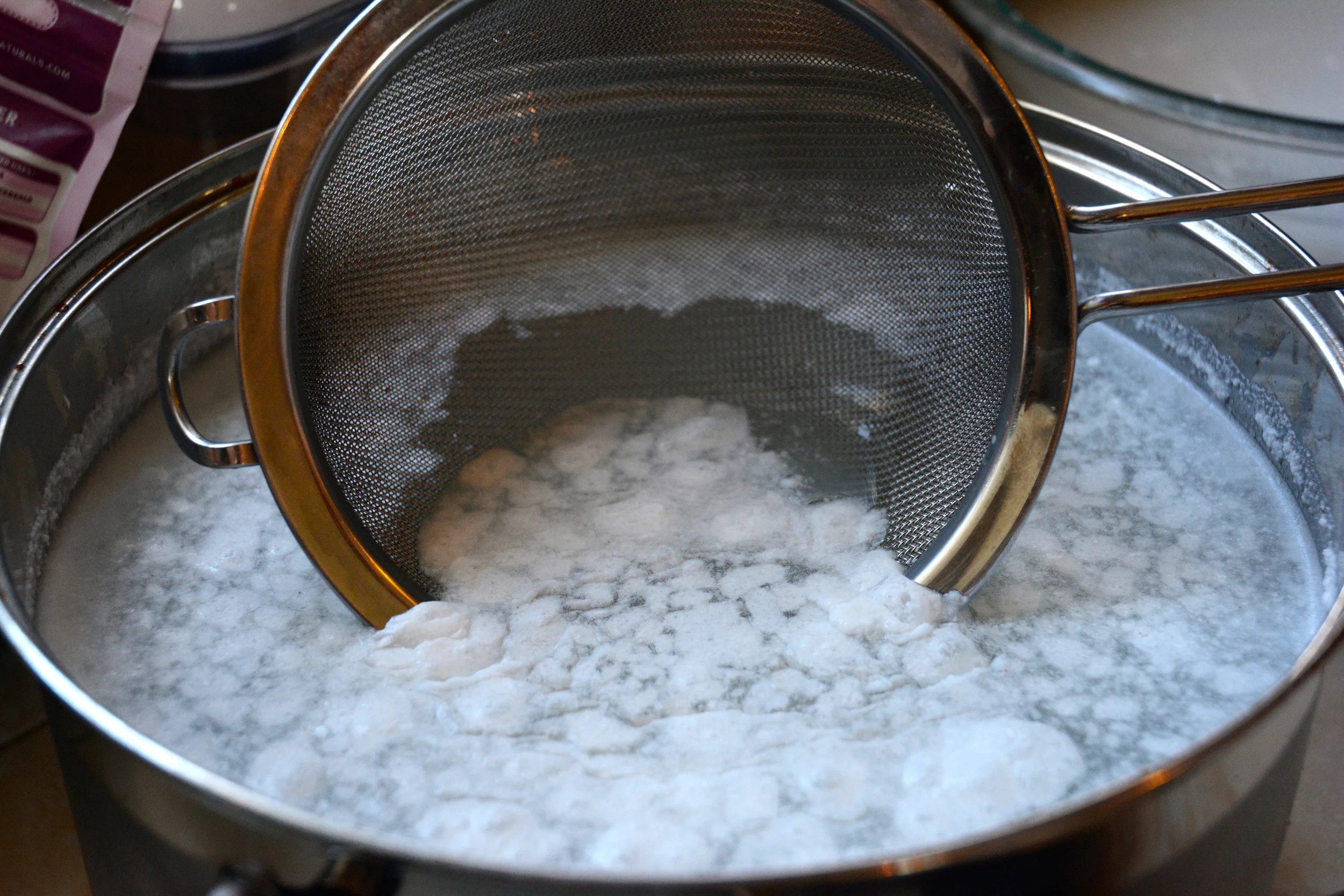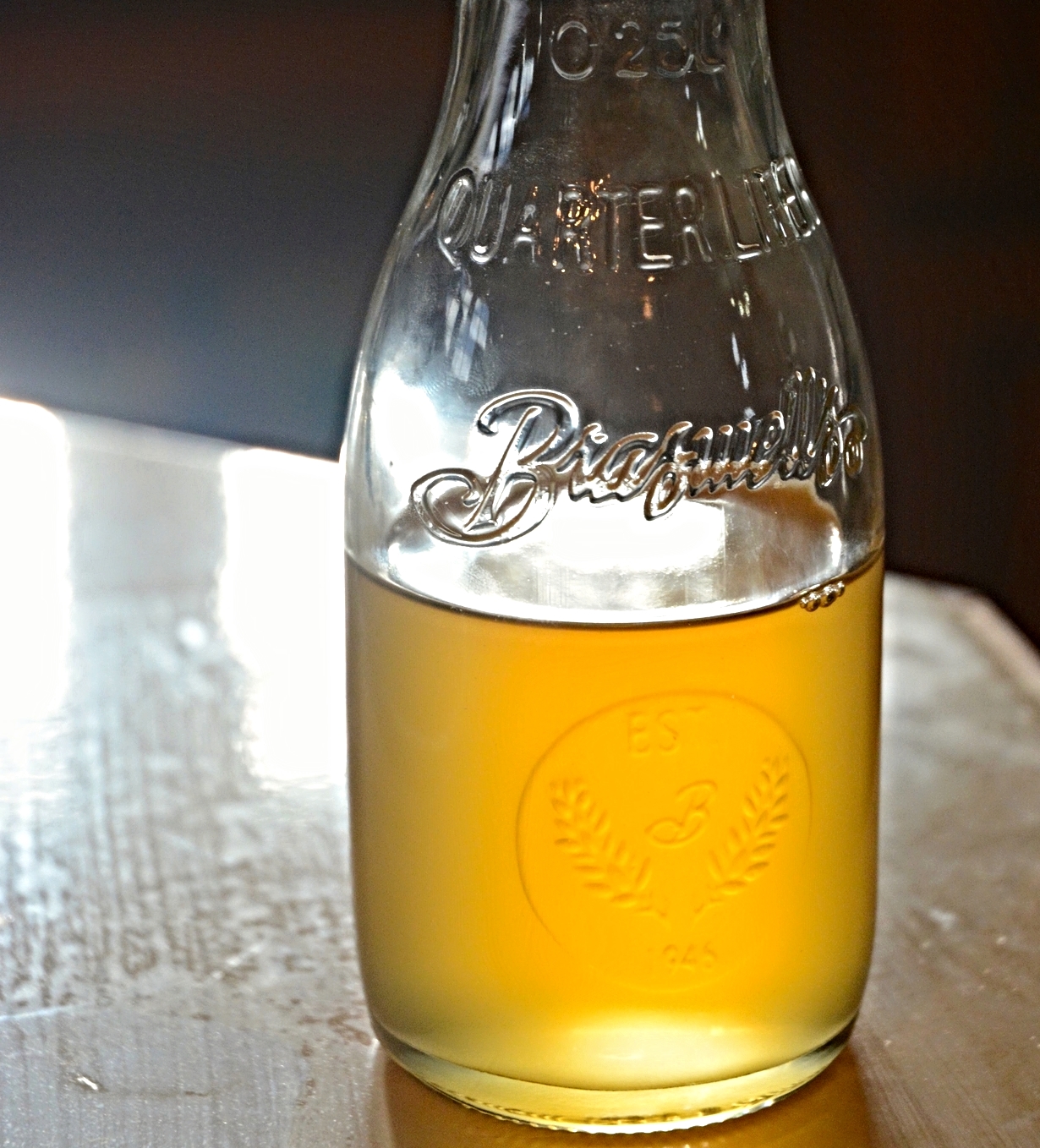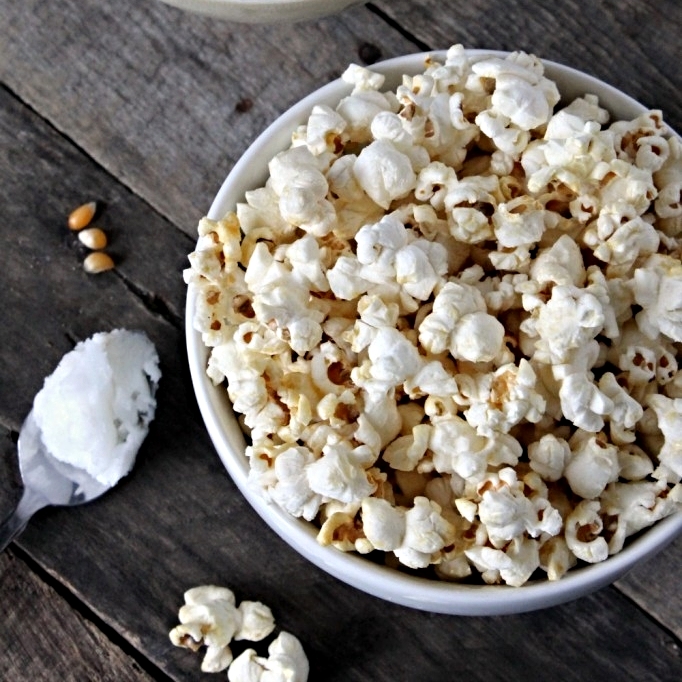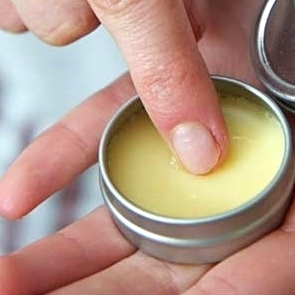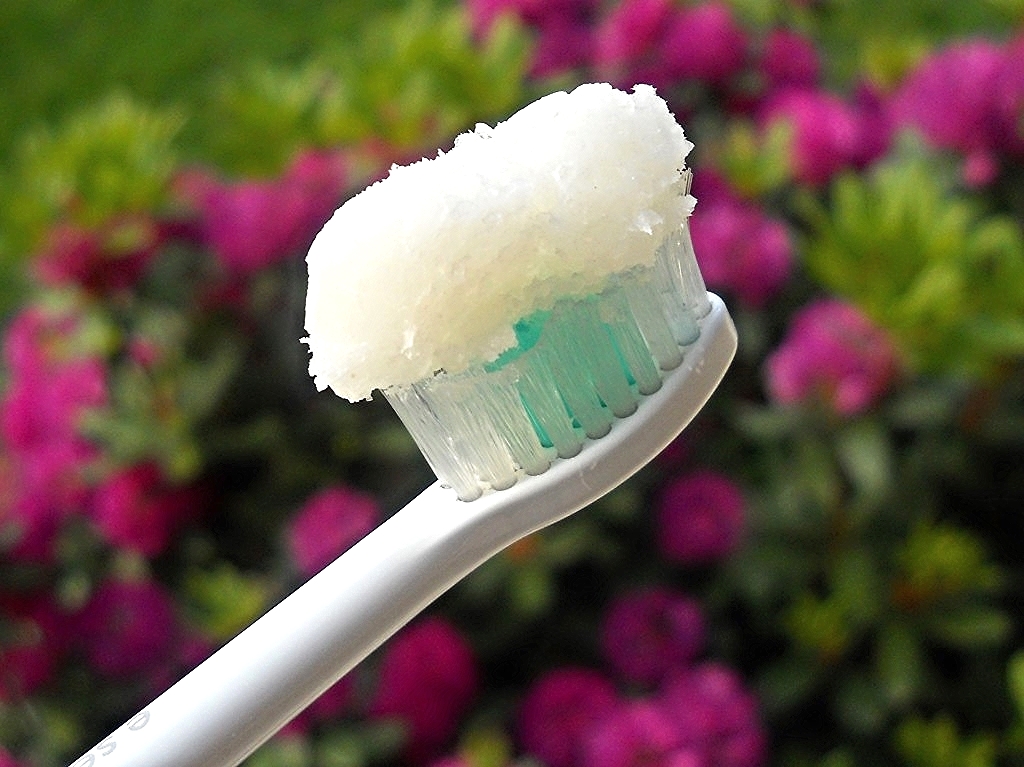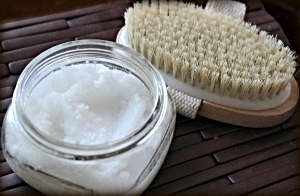Harvesting coconuts in Anguilla
For a while now, Lacy Yamaoka has tempted us with the sights of intoxicating turquoise waters, glimpses of island culture and alluring drinks with a view. Our curiosity was piqued and we needed to learn more about this island life! Her captures @lcyamaoka emanate a relaxed state of mind, a great reminder to slow down and savor life. Originally a Texan, she has called many places "home," before settling in Anguilla (for now). As a luxury travel writer, she shares with us the best of what the Caribbean offers. To experience life like a local, is to see through the eyes of our global neighbors. So Lacy took us along on her adventure to learn how the local Anguillians prepare the island's "liquid gold." And don't worry, if you can't make it to the island, you can make the island come to you...
• • •
Part of picking up your belongings and heading for a fresh start in a new place is to discover unfamiliar customs, adopt a different lifestyle and in many cases do as the locals do. Natural facets of the Caribbean culture are to slow down, laze in the sun, soak in the salty-blue sea, and sip from the coconut. From their tropical fragrance to the refreshing taste of their flesh, coconuts are traditionally a nutritious staple in many equatorial corners of the world and have recently hit the health scene as a bona fide, magical ingredient.
Culturally worldwide, we are reaching back to our roots and rediscovering organic and whole foods are truly the secret to living well, with coconut oil dubbed as the ultimate elixir for longevity.
There is a plethora of coconut oil on the shelves, it is rather overwhelming to choose which is best from hydrogenated, expeller-pressed, cold-pressed, refined, unrefined, virgin, and organic. To give you a bit of insight, refined oil is chemically-treated, bleached and deodorized which can cause the coconut oil to lose it’s potency and scent. Hydrogenated oil is a type of refined coconut oil that is injected with hydrogen resulting in trans fat, which we all know is bad news for our diet. Expeller-pressed, cold-pressed, organic and virgin coconut oils are unrefined, which means they are not chemically-processed and actually maintain their content of medium-chain fatty acids and lauric acid, which are superfoods for your heart and brain.
The best tip is to choose the most unrefined oil, or virgin, and simply stay away from the rest.
Many locals living on the island of Anguilla make their own coconut oil from their endless supply of trees in their beach-lined backyards. This at-home method is often referred to as the wetmilling process, meaning the oil is literally extracted from the wet coconut meat and it’s milk. In the final step of the extraction process, the oil is boiled out at a high temperature for an extended period of time allowing the antioxidants to dissolve into the oil, creating the most pure version of them all, virgin coconut oil.
With guidance from Erica Pagliuco, my fellow coconut-o-phile, we tackled a culinay first taught by the locals and created a modest amount of oil and bottled up our summertime scent. This is a two-day process so the value may seem dubious, although the benefit is a little goes a long way and lasts up to six months if you use it sparingly. Topically, it works wonders and we highly recommend this nutty-delight drizzled over a bowl of warm popcorn. There is something about the real deal that hooks a true island lover {Read: 8 Ways to Spoil and Island Lover} and this by far cures our pursuit to create an endless summer.
Enjoy our island adventure batching up our own coconut oil and if anything join us in our new-found appreciation for the simple life!
• • •
Learn to Make Coconut Oil Like a Local
What You Will Need
- 7-10 coconuts
- A machete (or a friend with one in our case, Richie!)
- Food Processor or Blender
- 3 large bowls
- 1 large boiling pot
- Cheesecloth or tea towel
- Gas Stove (Electric stove adds time)
- Medium-sized strainer or sieve
How to Prepare
1 - Gather fresh coconuts. Shake them to make sure they have water in the nut to deem them mature.
2 - Peel off the outer fibrous coat and crack the green coconut to access the inner fruit using the machete.
3 - Pour out the water or preferably drink it from the inner fruit. Why not, it’s full of electrolytes to keep you hydrated for the rest of the feat!
• • •
4. Using a flat head, knife or tool, gently separate the coconut meat from the hard shell.
5. In the kitchen, break meat into small chunks and put into food processor with a little water to get it moving. Pulse until finely chopped.
• • •
6. Place chopped meat into large bowl and fill bowl with cold water until quite full.
7. Let the coconut meat soak on the countertop for about 30 minutes in the water while processing all of your coconut meat.
8. Prep another bowl with strainer/tea towel and strain milk from the meat by twisting, squeezing, pushing and pressing into new bowl using the set-up.
9. Repeat several times to extract as much milk (which contains the oil) from the meat.
• • •
10. Make room in your refrigerator for the bowls and refrigerate overnight.
11. The next day the surface of the water will be coated with a thick layer of white, hardened coconut milk which contains the oil.
12. Collect and strain all of the hardened, white pieces into a pot which will next be placed on the stove. Be sure to strain as much of the white pieces as possible into the pot using a slotted spoon or strainer.
13. Boil on a high heat for about an hour constantly stirring to avoid burning. This step ensures final extraction of the oil from the milk.
14. The coconut water evaporates over time leaving behind a brown debris which you will finally strain and toss out. The old-school locals use the debris to make a coconut “cake” they bake in the sun.
15. You are left with a golden oil ready for bottling. The best benefit of all is you will have remarkably baby-soft hands from all your hard labor.
Lacy's Favorite Uses for Coconut Oil
1 - Whipped Body Oil. Add the unmelted coconut oil to a saucepan/kitchen aid with your favorite few drops of essential oil - I love eucalyptus or lavender and whip on high for about 5 min. It's nice and whipped for you to put on before bed after a bath.
2 - Hair Treatment/Mask. Heat a few tablespoons of oil, finger or comb through and then wrap head in towel for 30 minutes...then shower and wash hair regularly. Lemongrass essential oil is nice in this. I feel the oils make it more spa like for sure! Coconut oil is said to be anti-fungal so it would clear your scalp of dandruff I've heard or act preventatively.
Thanks Mu-Hsien & Alla for the opportunity to share our slice of paradise. Come lime on the beaches of Anguilla real soon, the bliss awaits.
Your island neighbor,
- - -
Lacy of lcyamaoka.com
(Photos via Lacy)
Thank you Lacy for taking us on this culinary adventure! There simply is something so special about creating something with your own hands that provides so much meaning and connection. If you're curious to explore using coconut oil in your home spa we're leaving you with four more unique uses of coconut oil to try! For the coconut-0-philes out there..what do you swear by? ~ Leave us a note below!
4 Unique Uses of Coconut Oil to Try
1 - Easy Coconut Kettle Corn - Natural Chow
2 - Healing Homemade Coconut Oil Lip Balm - Everyday Roots
4 - Coconut Oil Toothpaste - Body Mind Soul Spirit
3 - Coconut Oil Salt Scrub - The Coconut Mama
Follow our Pinterest board: Pamper & Home Spa for more ideas to *bring the island to you*










